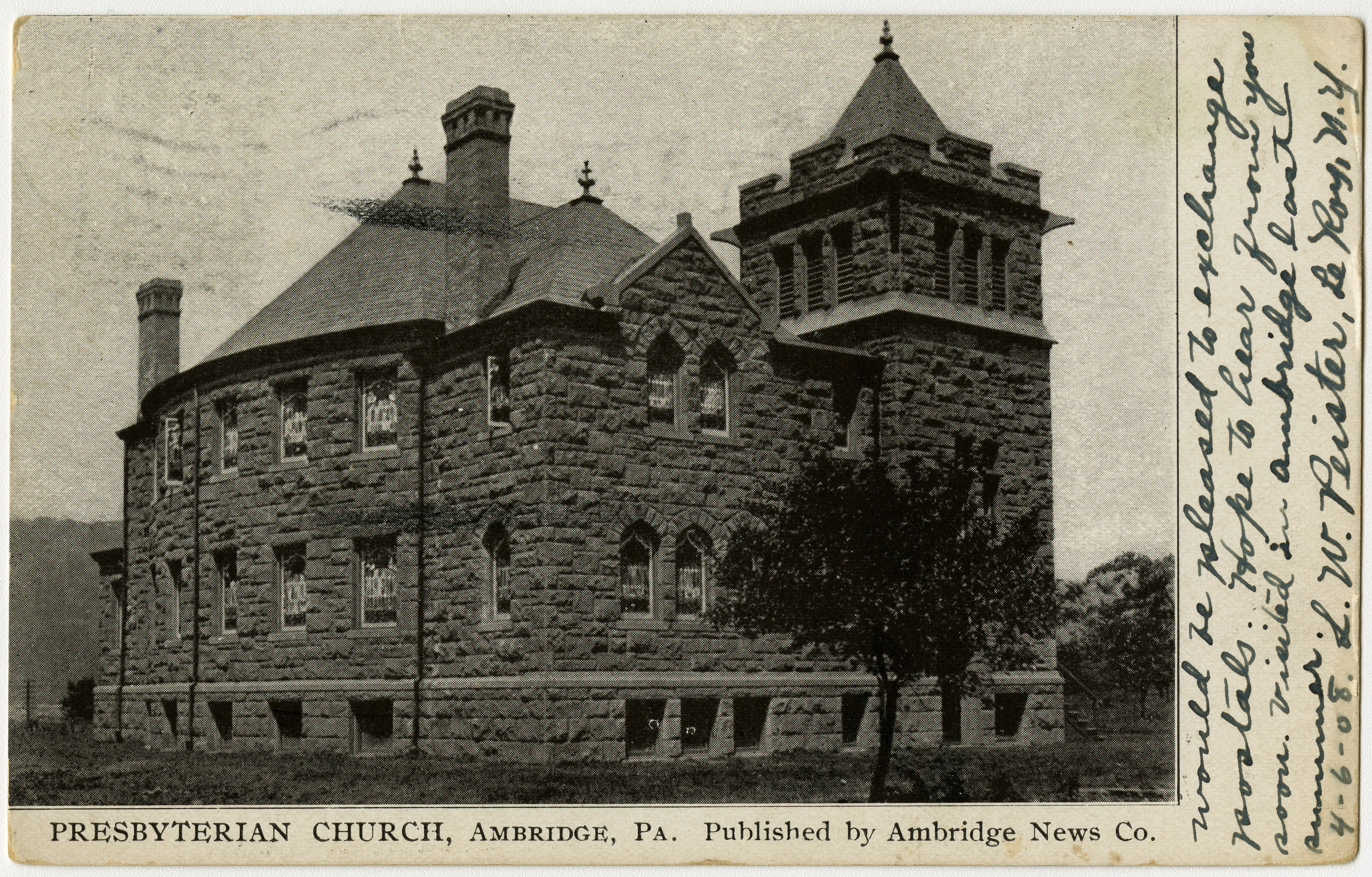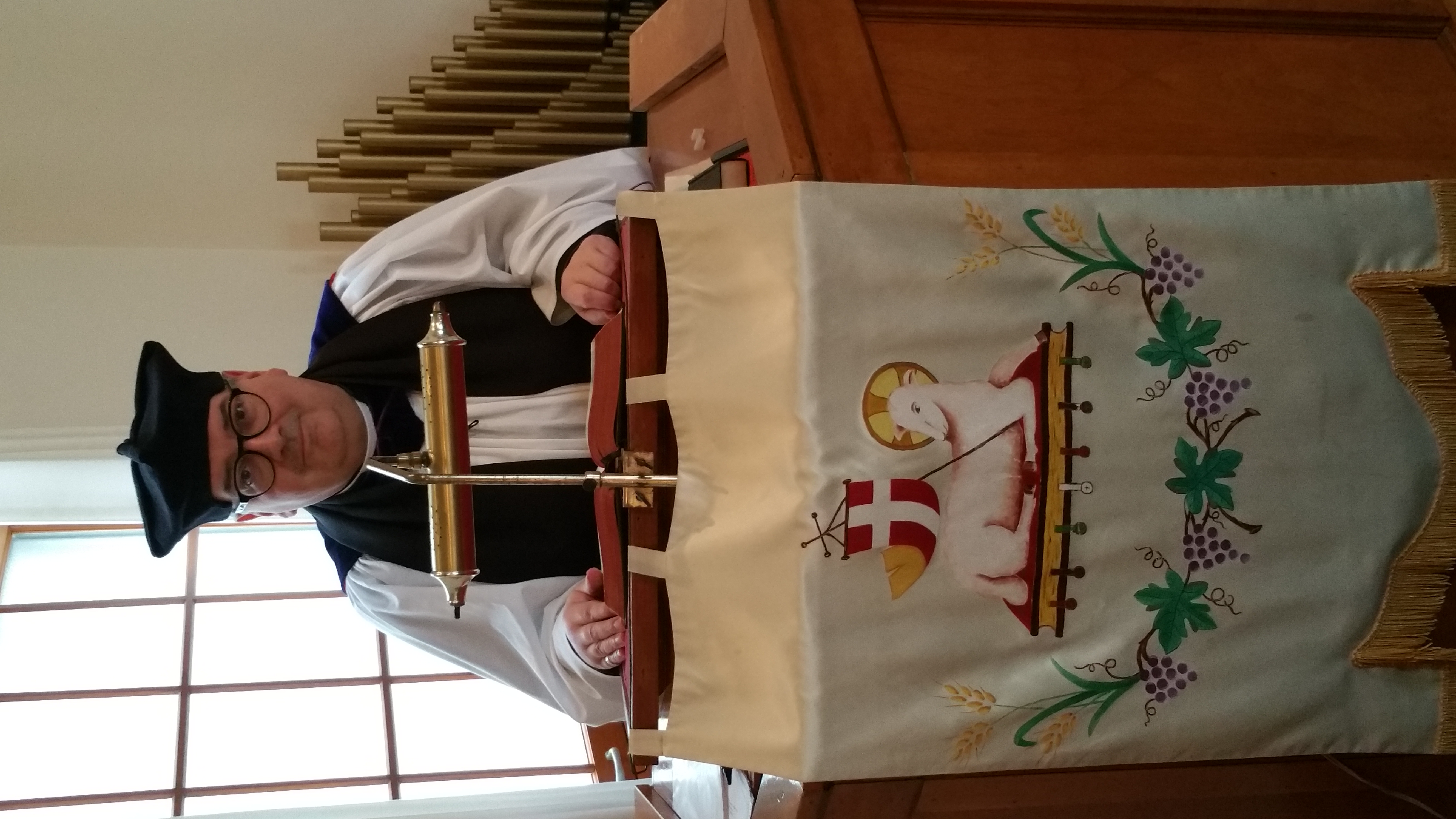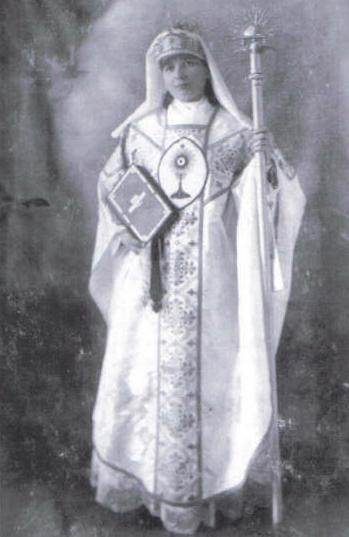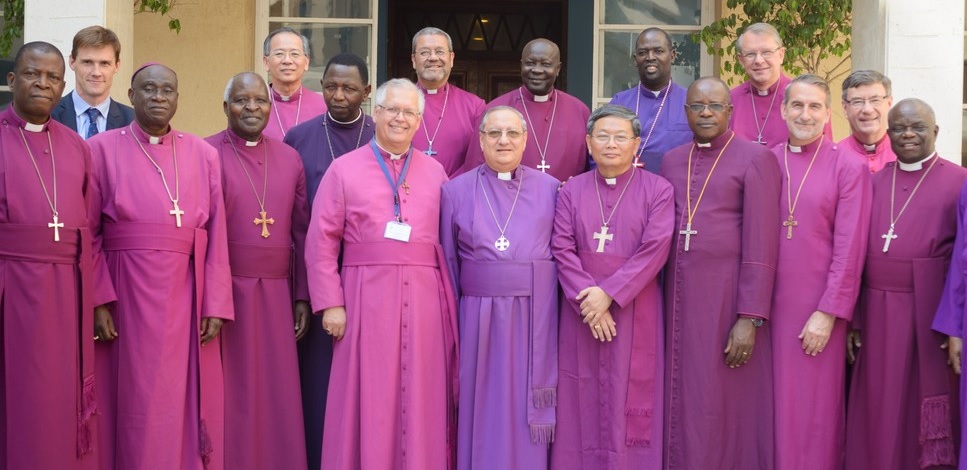|
Anglican Church In North America
The Anglican Church in North America (ACNA) is a Christian denomination in the Anglican tradition in the United States and Canada. It also includes ten congregations in Mexico, two mission churches in Guatemala, and a missionary diocese in Cuba. Headquartered in Ambridge, Pennsylvania, the church reported 974 congregations and 122,450 members in 2021. The first archbishop of the ACNA was Robert Duncan, who was succeeded by Foley Beach in 2014. The ACNA was founded in 2009 by former members of the Episcopal Church in the United States and the Anglican Church of Canada who were dissatisfied with liberal doctrinal and social teachings in their former churches, which they considered contradictory to traditional Anglican belief. Prior to 2009, these conservative Anglicans had begun to receive support from a number of Anglican churches (or provinces) outside of North America, especially in the Global South. Several Episcopal dioceses and many individual parishes in both Canada and ... [...More Info...] [...Related Items...] OR: [Wikipedia] [Google] [Baidu] |
Anglican Church In America
The Anglican Church in America (ACA) is a Continuing Anglican church body and the United States branch of the Traditional Anglican Communion (TAC). The ACA, which is separate from The Episcopal Church, is not a member of the Anglican Communion. It comprises five dioceses and around 5,200 members. History The Anglican Church in America was created in 1991 following extensive negotiations between the Anglican Catholic Church (ACC) and the American Episcopal Church (AEC). The effort was aimed at overcoming disunity in the Continuing Anglican movement. This was only partially successful. Most ACC parishes declined to enter the new ACA, resulting in a continuing existence for the ACC, while the remainder of its parishes and some of its bishops joined the AEC in forming the new church. In 1995, some parishes which had formerly been part of the AEC, primarily in the eastern states and the Pacific Northwest, withdrew from the ACA and formed the Anglican Province of America under the l ... [...More Info...] [...Related Items...] OR: [Wikipedia] [Google] [Baidu] |
Ambridge, Pennsylvania
Ambridge is a borough in Beaver County, Pennsylvania, United States. Incorporated in 1905 as a company town by the American Bridge Company, Ambridge is located 16 miles (25 km) northwest of Pittsburgh, along the Ohio River. The population was 6,960 at the 2020 census. History Early history The town is near the location of Legionville, the training camp for General "Mad" Anthony Wayne's Legion of the United States. Wayne's was the first attempt to provide basic training for regular U.S. Army recruits and Legionville was the first facility established expressly for this purpose. The Harmony Society first settled the area in the early 19th century, founding the village of "Ökonomie" or Economy in 1824. Although initially successful, accumulating significant landholdings, the sect went into decline. By the end of the 19th century, only a few Harmonists remained. The Society was dissolved and its vast real estate holdings sold, much of it to the American Bridge Company, who s ... [...More Info...] [...Related Items...] OR: [Wikipedia] [Google] [Baidu] |
Bishop
A bishop is an ordained clergy member who is entrusted with a position of authority and oversight in a religious institution. In Christianity, bishops are normally responsible for the governance of dioceses. The role or office of bishop is called episcopacy. Organizationally, several Christian denominations utilize ecclesiastical structures that call for the position of bishops, while other denominations have dispensed with this office, seeing it as a symbol of power. Bishops have also exercised political authority. Traditionally, bishops claim apostolic succession, a direct historical lineage dating back to the original Twelve Apostles or Saint Paul. The bishops are by doctrine understood as those who possess the full priesthood given by Jesus Christ, and therefore may ordain other clergy, including other bishops. A person ordained as a deacon, priest (i.e. presbyter), and then bishop is understood to hold the fullness of the ministerial priesthood, given responsibility b ... [...More Info...] [...Related Items...] OR: [Wikipedia] [Google] [Baidu] |
Anglican Ministry
The Anglican ministry is both the leadership and agency of Christian service in the Anglican Communion. "Ministry" commonly refers to the office of ordained clergy: the ''threefold order'' of bishops, priests and deacons. More accurately, Anglican ministry includes many laypeople who devote themselves to the ministry of the church, either individually or in lower/assisting offices such as lector, acolyte, sub-deacon, Eucharistic minister, cantor, musicians, parish secretary or assistant, warden, vestry member, etc. Ultimately, all baptized members of the church are considered to partake in the ministry of the Body of Christ. Each of the provinces (usually corresponding to individual world nations) of the Anglican Communion has a high degree of independence from the other provinces, and each of them have slightly different structures for ministry, mission and governance. However, personal leadership is always vested in a member of the clergy (a bishop at provincial and diocesan l ... [...More Info...] [...Related Items...] OR: [Wikipedia] [Google] [Baidu] |
Ordination Of Women
The ordination of women to ministerial or priestly office is an increasingly common practice among some contemporary major religious groups. It remains a controversial issue in certain Christian traditions and most denominations in which "ordination" (the process by which a person is understood to be consecrated and set apart by God for the administration of various religious rites) was often a traditionally male dominated profession (except within the diaconate and early heretical movement known as Montanism). In some cases, women have been permitted to be ordained, but not to hold higher positions, such as (until July 2014) that of bishop in the Church of England. Where laws prohibit sex discrimination in employment, exceptions are often made for clergy (for example, in the United States) on grounds of separation of church and state. The following aims to provide a comprehensive overview of the ordination of women from ancient to contemporary times. Religious groups are ordere ... [...More Info...] [...Related Items...] OR: [Wikipedia] [Google] [Baidu] |
Evangelical Anglicanism
Evangelical Anglicanism or evangelical Episcopalianism is a tradition or church party within Anglicanism that shares affinity with broader evangelicalism. Evangelical Anglicans share with other evangelicals the attributes of "conversionism, activism, biblicism and crucicentrism" identified by historian David Bebbington as central to evangelical identity. The emergence of evangelical churchmanship can be traced back to the First Great Awakening in America and the Evangelical Revival in Britain in the 18th century. In the 20th century, prominent figures have included John Stott and J. I. Packer. In contrast to the high-church party, evangelicals emphasize experiential religion of the heart over the importance of liturgical forms. As a result, evangelicals are often described as being low church, but these terms are not always interchangeable because ''low church'' can also describe individuals or groups that are not evangelical. Description In contrast to Anglo-Cathol ... [...More Info...] [...Related Items...] OR: [Wikipedia] [Google] [Baidu] |
Anglo-Catholicism
Anglo-Catholicism comprises beliefs and practices that emphasise the Catholic heritage and identity of the various Anglican churches. The term was coined in the early 19th century, although movements emphasising the Catholic nature of Anglicanism already existed. Particularly influential in the history of Anglo-Catholicism were the Caroline Divines of the 17th century, the Jacobite Nonjuring schism of the 17th and 18th centuries, and the Oxford Movement, which began at the University of Oxford in 1833 and ushered in a period of Anglican history known as the "Catholic Revival". A minority of Anglo-Catholics, sometimes called Anglican Papalists, consider themselves under papal supremacy even though they are not in communion with the Roman Catholic Church. Such Anglo-Catholics, especially in England, often celebrate Mass according to the Mass of Paul VI and are concerned with seeking reunion with the Roman Catholic Church. Members of the Roman Catholic Church's personal ord ... [...More Info...] [...Related Items...] OR: [Wikipedia] [Google] [Baidu] |
Full Communion
Full communion is a communion or relationship of full agreement among different Christian denominations that share certain essential principles of Christian theology. Views vary among denominations on exactly what constitutes full communion, but typically when two or more denominations are in full communion it enables services and celebrations, such as the Eucharist, to be shared among congregants or clergy of any of them with the full approval of each. Definition and terminology Full communion is an ecclesiological term for an established relationship between Christian denominations that may be constituted by shared eucharist, doctrine, and ecclesiology. Different denominations emphasize different aspects or define the term differently. Several Protestant denominations base their idea of full communion on the Augsburg Confession which says that "the true unity of the church" is present where "the gospel is rightly preached and sacraments rightly administered." They believe tha ... [...More Info...] [...Related Items...] OR: [Wikipedia] [Google] [Baidu] |
Anglican Communion
The Anglican Communion is the third largest Christian communion after the Roman Catholic and Eastern Orthodox churches. Founded in 1867 in London, the communion has more than 85 million members within the Church of England and other autocephalous national and regional churches in full communion. The traditional origins of Anglican doctrine are summarised in the Thirty-nine Articles (1571). The Archbishop of Canterbury (, Justin Welby) in England acts as a focus of unity, recognised as ' ("first among equals"), but does not exercise authority in Anglican provinces outside of the Church of England. Most, but not all, member churches of the communion are the historic national or regional Anglican churches. The Anglican Communion was officially and formally organised and recognised as such at the Lambeth Conference in 1867 in London under the leadership of Charles Longley, Archbishop of Canterbury. The churches of the Anglican Communion consider themselves to be part of ... [...More Info...] [...Related Items...] OR: [Wikipedia] [Google] [Baidu] |
Anglican Realignment
The Anglican realignment is a movement among some Anglicans to align themselves under new or alternative oversight within or outside the Anglican Communion. This movement is primarily active in parts of the Episcopal Church in the United States and the Anglican Church of Canada. Two of the major events that contributed to the movement were the 2002 decision of the Diocese of New Westminster in Canada to authorise a rite of blessing for same-sex unions, and the nomination of two openly gay priests in 2003 to become bishops. Jeffrey John, an openly gay priest with a long-time partner, was appointed to be the next Bishop of Reading in the Church of England and the General Convention of the Episcopal Church ratified the election of Gene Robinson, an openly gay non-celibate man, as Bishop of New Hampshire. Jeffrey John ultimately declined the appointment due to pressure. The current realignment movement differs from previous ones in that some Anglicans are seeking to establish diff ... [...More Info...] [...Related Items...] OR: [Wikipedia] [Google] [Baidu] |
Global South (Anglican)
The Global South Fellowship of Anglican Churches, formerly known as Global South (Anglican), is a grouping of 24 Anglican churches, of which 22 are provinces of the Anglican Communion, plus the Anglican Church in North America and the Anglican Church in Brazil. The Anglican Diocese of Sydney is also officially listed as a member. Overview The provinces identified with the Global South represent most of the Southern Hemisphere and Third World provinces within the Communion, including all those from Africa, the largest from South America, most from Asia and two Oceania provinces. Global South provinces are characterized by their theological conservatism on matters of sexual ethics and life issues, and by their Evangelicalism in churchmanship. The grouping excludes the Episcopal Anglican Church of Brazil, the Anglican Church of Australia and the Anglican Church in Aotearoa, New Zealand and Polynesia, despite the fact that some Australian and New Zealand dioceses were already repre ... [...More Info...] [...Related Items...] OR: [Wikipedia] [Google] [Baidu] |
Ecclesiastical Province
An ecclesiastical province is one of the basic forms of jurisdiction Jurisdiction (from Latin 'law' + 'declaration') is the legal term for the legal authority granted to a legal entity to enact justice. In federations like the United States, areas of jurisdiction apply to local, state, and federal levels. Jur ... in Christianity, Christian Churches with traditional hierarchical structure, including Western Christianity and Eastern Christianity. In general, an ecclesiastical province consists of several diocese, dioceses (or eparchy, eparchies), one of them being the archdiocese (or archeparchy), headed by a metropolitan bishop or archbishop who has ecclesiastical jurisdiction over all other bishops of the province. In the Greco-Roman world, ''ecclesia'' ( grc, ἐκκλησία; la, ecclesia) was used to refer to a lawful assembly, or a called legislative body. As early as Pythagoras, the word took on the additional meaning of a community with shared beliefs. This is the ... [...More Info...] [...Related Items...] OR: [Wikipedia] [Google] [Baidu] |





.jpg)

